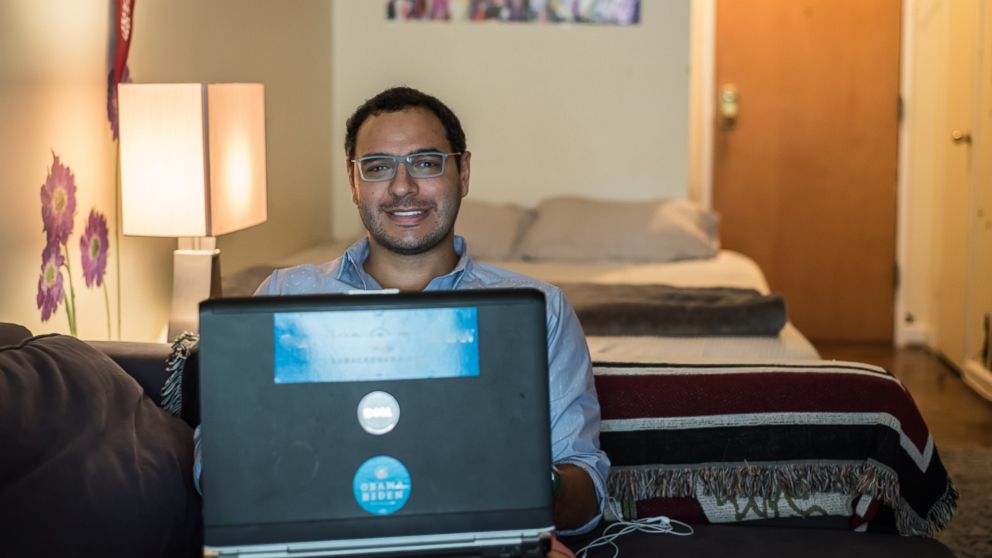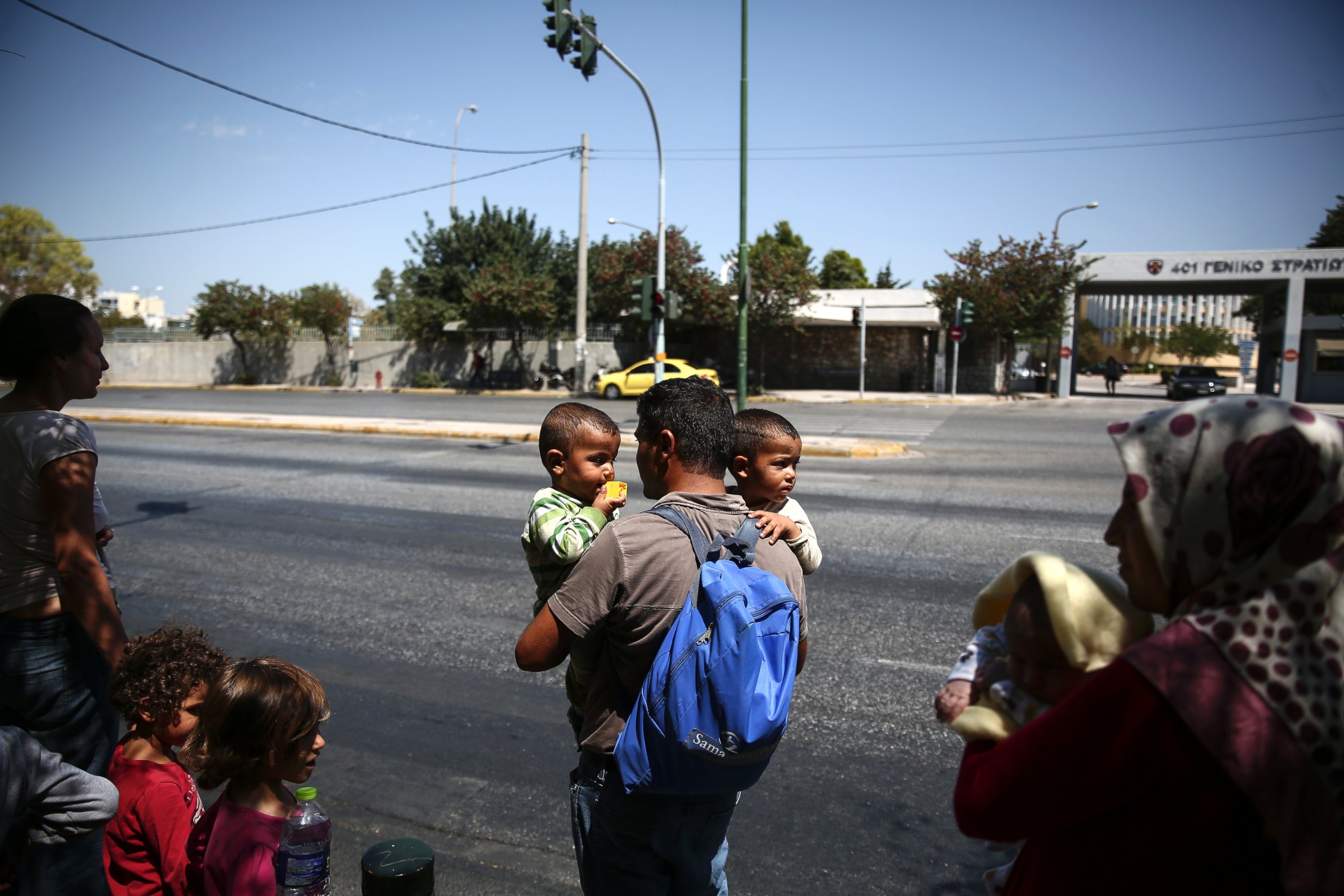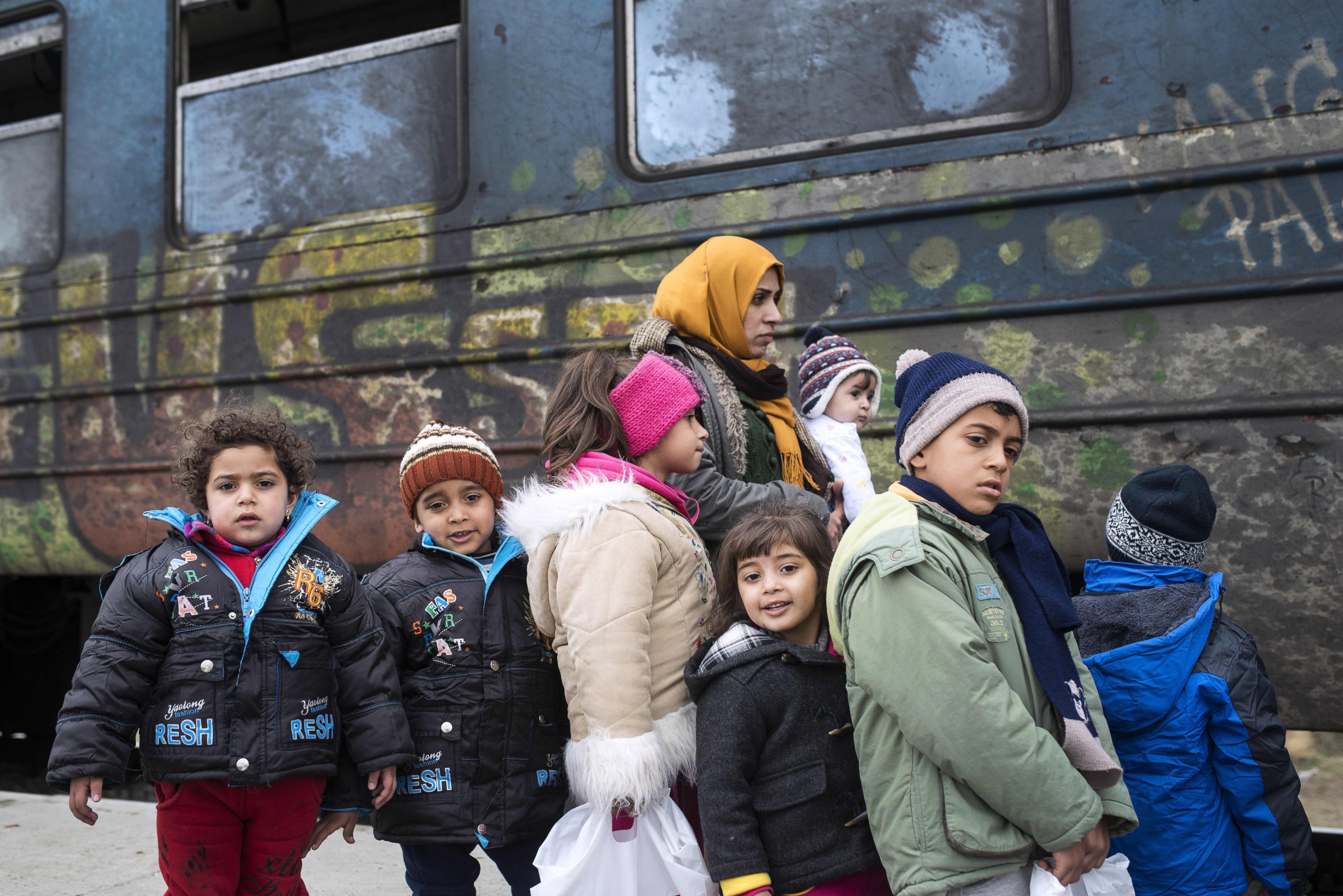EmergencyBnB Aims to Bring Sharing Economy to World’s Most Vulnerable
EmergencyBnB aims to bring Airbnb-like service to society's most vulnerable.

— -- Apps like Airbnb and Uber have revolutionized the way many of us find travel lodging and get around town, connecting us to others who are willing to rent a room or a ride at cut rates.
Now, a Washington, D.C., resident is hoping to bring some of society’s most vulnerable people into the sharing economy by creating a website to connect refugees and victims of domestic violence with people willing to offer a safe place to stay until they can get on their feet.
Kuwait-born Amr Arafa told ABC News that the idea came to him when he began seeing news reports last year about refugees fleeing violence in the Middle East.
“Clicking and sharing to spread the word is a bare minimum, donating money is a step up,” he told ABC News. “But dedicating your core competency, whatever it is, towards a cause really does make a difference.”
So, late last year, he began coding the site he now calls EmergencyBnB.

The site is still very much in its infancy, he said, and he is in the midst of redesigning it to make it more user-friendly.
The service connects users directly, so he said he has no way of monitoring how many connections have been made through the service. However, he said that he has personally hosted a handful of people in recent months that found him through the site.
Among them was a Syrian couple who stayed at his apartment for two weeks while he was travelling, he said. The couple, who were living in Texas, needed a place to stay while a court in the Washington-area determined their asylum status, Arafa said.

Arafa also said an eastern European woman and her child had stayed with him after fleeing what they claimed was violence at home.
“I started with refugees and domestic violence victims due to the exigent nature of their need,” he said. “I plan to expand to other vulnerable categories as the website scales.”
In the future, Arafa said he hopes that the service will be able to work with the government and nonprofit sector to help find placements for refugees when they first enter the U.S.




